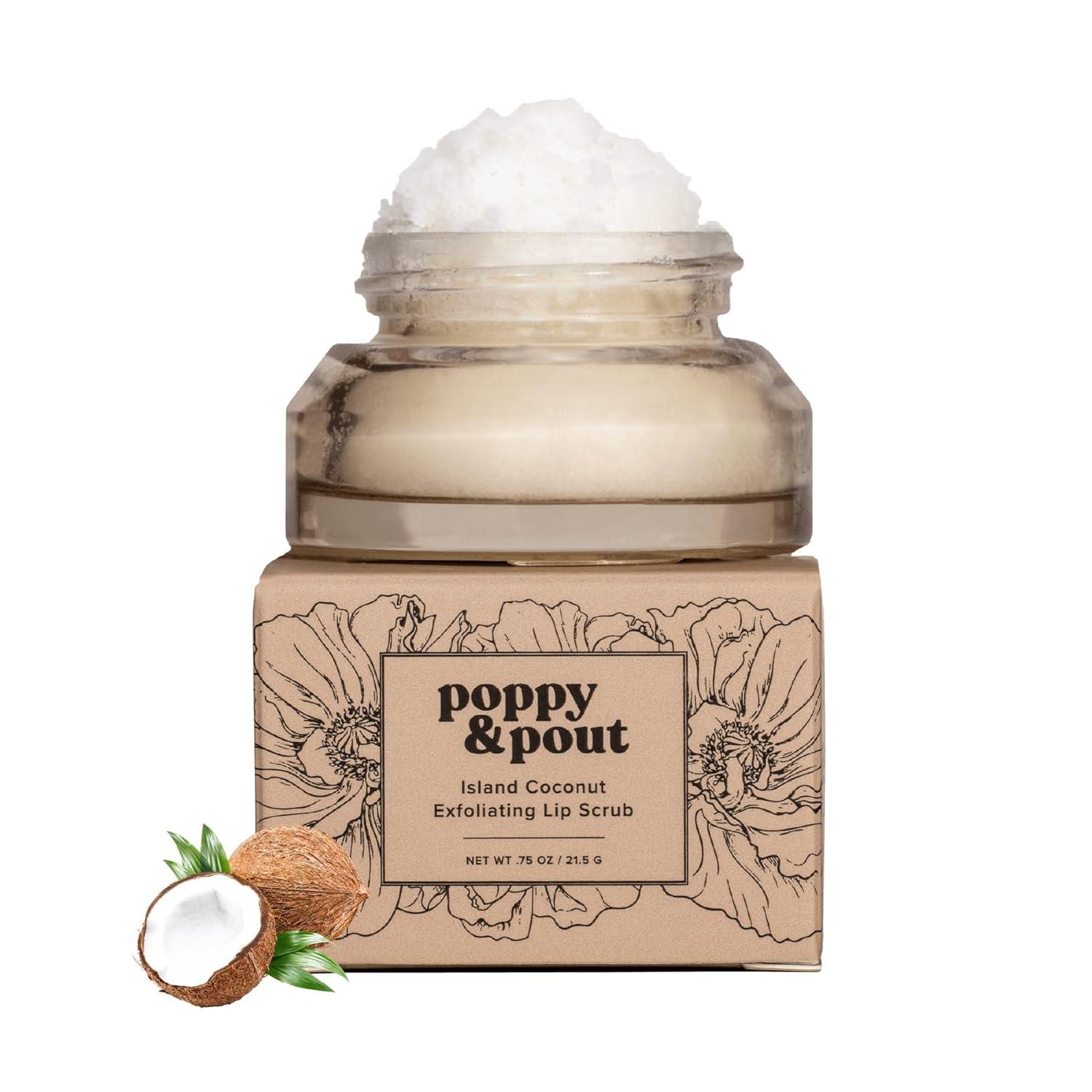Blood Sugar Support vs. Glucose Control: A Surprising Insight
Navigating the array of options for blood sugar management can feel like traversing a dense forest – each path promising guidance, yet distinct in its methodology. Consider the Blood Sugar Complex: it presents itself as a guardian, "Supporting Healthy Blood Sugar Levels Already Within Normal Range," emphasizing support rather than direct intervention. It takes a foundational approach, weaving together nature's offerings like cinnamon, bitter melon, and the strengthening influence of chromium, all within the framework of support.
Then there's Glucocil, a product steeped in experience, boasting a significant sales milestone and positioning itself through "Support The 3 Essentials for Healthy Blood Sugar." Its formulation, featuring Berberine and proprietary mulberry leaf, speaks to a targeted strategy, aiming for comprehensive essentials. Over to the Arazo Nutrition Blood Sugar 365, which cleanses its language, focusing on "Supports Healthy Energy Levels" rather than blood sugar specifics, suggesting an indirect, systemic wellness path. Finally, Blood Sugar 24 Hour introduces a fascinating compactness with its "7 in 1 Formula," designed for convenience and outlining its component parts – milk thistle, banaba, chromium – alongside the others listed here.
A subtle, yet potentially revealing distinction emerges: the terminology. While products like Blood Sugar Complex and Glucocil lean heavily into the realm of "Support," "Maintain," and "Healthy Levels," others touch on "Normal Range" or even sidestep precise blood-sugar language. Could this language choice reflect a deeper interpretation of the goal? Is "glucose control" viewed by some manufacturers as a specific, perhaps more rigid, endpoint, while "blood sugar support" encompasses a broader, more systemic, or even holistic journey – potentially including factors influencing insulin sensitivity, energy metabolism, and overall metabolic health, even if within the established "normal" spectrum? This nuanced linguistic divergence offers a surprising insight: the difference between supporting the system and controlling a specific metric might lie not just in ingredients, but in the very philosophy each product embodies.









